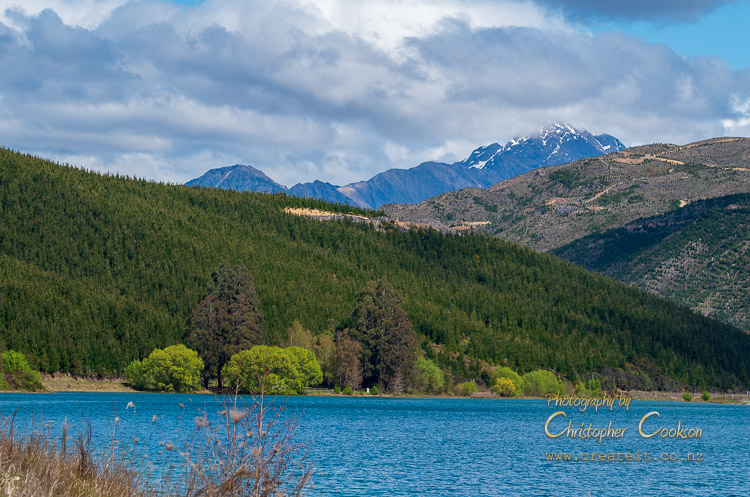Marlborough Forestry
Last Modified: 26-2-2024 10:56

© Christopher Cookson License this image
Forestry has been an important industry to Marlborough since the earliest European settlement. Today, approximately nine percent of Marlborough's land area is exotic plantation forestry, which is about three percent of New Zealand's total plantation forestry.
Logs are harvested from plantation forests, mainly of Pinus radiata, but also plantations of Eucalyptus, Macrocarpa and other introduced species exist. A large proportion of the logs harvested are exported, and to facilitate this, the site of a former freezing works at Shakespeare Bay near Picton was converted into a deep water port and log storage area. With the booming viticulture industry, a strong local market exists for posts for use in establishing new vineyards. These are provided from thinning of young forests.
Multinational company OneFortyOne owns a large sawmill at Kaituna, and around 60,000 hectares of plantation forests across the Marlborough/Nelson region. Marlborough District Council also owns, through Marlborough Regional Forestry, over 5,000 hectares of plantation forestry, with proceeds used to fund local facilities and offset rates. Two smaller locally owned sawmills also operate in Marlborough.
Forestry directly employs up to several hundred people in Marlborough, with considerably more in associated wood processing industries.
In 2023, forestry generated $24.1 million or 0.6 percent of Marlborough's GDP, with another $25.6 million or 0.7 percent of regional GDP from wood processing, above the New Zealand wide value of 0.5 percent of GDP. (Source: Infometrics)
Environmental Impact
In the Nineteenth and early Twentieth Century, no thought was given to sustainability or management, and companies like Brownlie's Milling were only interested in extracting as much timber as possible out of the indigenous forests. Early deforestation as a result of uncontrolled logging led to erosion, and major silting in parts of the Marlborough Sounds. While logging of native forest no longer occurs, the harvesting of plantation forests involves clear felling which leaves large exposed areas on often steep terrain, which are vulnerable to erosion until the areas have been replanted. Harvesting also requires use of heavy logging trucks which can increase roading maintenance requriements. Some species such as Pinus radiata and Douglas fir have a tendency to spread seed outside of plantation forests and become significant invasive weeds, with wilding conifer control a multi-million dollar problem in Marlborough.
Web Links
Cite this page
Marlborough Forestry. (2024) Retrieved April, 26, 2024, from https://www.marlboroughonline.co.nz/marlborough/information/business-economy/forestry